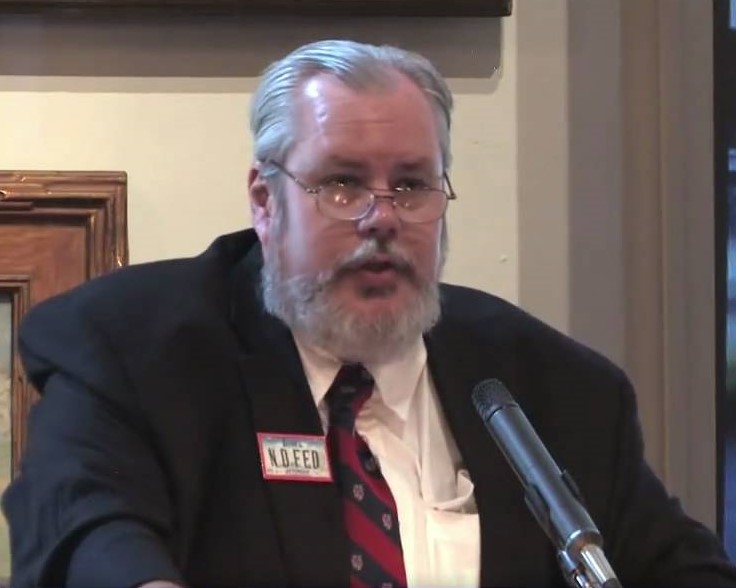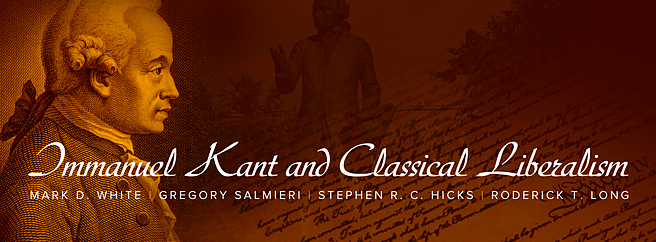Professor Roderick T. Long has published his essay, “Kant: Liberal, Illiberal, or Both?”, in the Cato Unbound discussion series. Here is the abstract of his essay:
Roderick Long offers a complex view of Immanuel Kant, who emerges as more often liberal in principle than in practice. Kant approved of taxation, a welfare state, and even forced conscription; he opposed the right of revolution, opposed women’s civic equality, and warmly supported capital punishment. One might always say that a person with Kant’s fundamental principles should not have approved of these things, but the fact remains that Kant did. In Long’s typology, liberalism can be imminent, in which it is concerned with the freedom of action in everyday life; or it can be vicarious, in which it is concerned with abstract social theory. He argues that Kant shows the influence of both Rousseau and Hobbes in tending toward vicarious liberalism, which makes him insensitive to the realities of state action and other forms of coercion.
The three previous authors in the series are:
Professor Mark White, “Defending Kant’s Classical Liberalism.”
Professor Gregory Salmieri, “Is Kant the Ideal Statement of Classical Liberalism?”
Professor Stephen Hicks, “Does Kant Have a Place in Classical Liberalism?”

